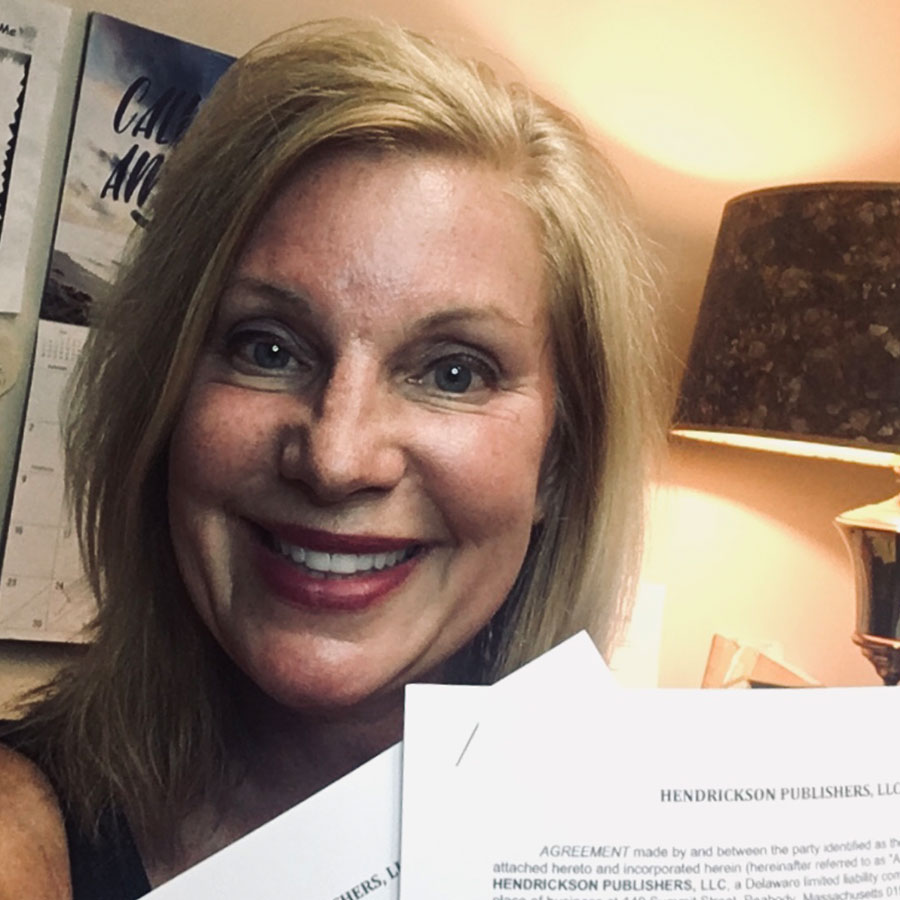
Don’t lose your grip on love and loyalty. Tie them around your neck; carve their initials on your heart. Earn a reputation for living well
in God’s eyes and the eyes of the people.
Circumstances may well appear, well, “circumstantial” and still we wrongly decide to become judge and jury in one fell swoop. But, we all can remember those painful moments when we were “so sure” we understood a situation and called it like we saw it, only to discover we didn’t have all the facts. Red-faced and ashamed, we had to go back and ask for forgiveness for our presumptive attitudes.
Mercy Triumphs Over All
God’s Word tells us that mercy triumphs over judgment. Enough said. But if we aren’t convinced of this truth and how it protects us and those we might feel tempted to accuse…consider how mercy and truth, when closely knitted to our hearts and souls, will bring favor from God and from others. It is a very “good thing” when we are on the receiving end of someone’s mercy…and this is one memory we should take care to place in the forefront of our minds when we are next challenged to decide whether to extend mercy or judgment upon someone else. Indeed, it is a mercy and a favorable one at that.
Forgiveness Reigns Supreme
We are mistake-makers. It is part of being human. Every day, more accurately, every hour, we err. Whether in areas of judgment, precision, or skill…individuals forget to read an entire report, they overlook a deadline, or rush to the next task without first checking their calendar. In short, we are error-ridden folk. This we have in common. The difference lay in how we handle our mistakes and how we respond to the transgressions of others. Do we write people off, cut them from our life (personally and professionally)? Or in the midst of the heat, do we look for some way to salvage the situation and thereby offer a lifeline to the offender?
Make Giving The Benefit Of Doubt A Habit
As people prone to creating tangled webs of problems (intentionally or not) we have a decision to make. On this barely subconscious level, each person decides whether to offer someone the benefit of the doubt or not. In short mental steps of succession, we’ve already judged and juried another’s transgression or we’ve offered forgiveness. Depending upon the person who’s harmed us (or our project, objective, feelings or ego), we decide. How we determine to lend some measure of compassion or grace is generally a multifactorial proposition. Did we enjoy a good breakfast? Have that second cup of coffee? Was the ride to work uneventful? Did our inbox contain the messages we anticipated? Or none of the above?
Mercy Blesses Both Ways
Seems petty, doesn’t it? Too often we further compound one mistake by meting out added layers of punishment simply to make a point. People generally feel bad enough after making a problematic issue larger. On a practical scope, dredging up an individual’s shortcomings does nothing to solve the problem. It’s just that it comes so “naturally” to be critical of another’s failings and we’re so good at blaming.
Be Humble, Be Someone Who Forgives
Instead of believing the worst about another person (doesn’t matter much what they did or didn’t do), try extending the benefit of doubt. See how that person responds. Extend trust, both in terms of being able to right the wrong…and by expecting better results for the future. Watch what happens. Individuals who are aware of their shortcomings are already feeling defensive, on the edge, and ready to do battle…in their minds, it’s “me against the world.” So, a strong offensive stance is required here…offer pardon, grace, and some gesture of confidence in their ability to do better. The final word on trust…none of us “deserves” it, but there’s no one who doesn’t cherish it and then attempt to live up to another’s higher expectations. It’s a win-win situation for communities, for businesses, and for families.
What Mercy Looks Like
- M – my own mistakes place me at the mercy of others. Ask yourself how you would like your next misstep to be greeted by; mercy or judgment?
- E – every one of us says or does something to injure the people in our lives. The intent of our heart matters, but sometimes we just make mistakes by omission or forgetfulness. In this, we are all alike.
- R – respect other’s rights to live differently or have opinions that do not match your own. As we listen to others’ reasons for acting, we gain understanding and build a bridge into their lives via the respect road.
- C- cancel out someone’s offense by refusing to dwell on it. When an emotionally charged memory rears its head, do an about-turn in the opposite direction and bring to mind a positive thought instead.
- Y – yield to God’s sovereign orchestration of difficult circumstances. Determine to go directly to God and ask for grace to be both merciful and truthful.














